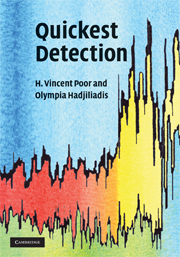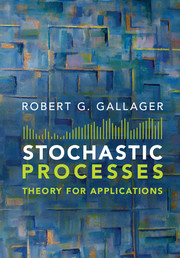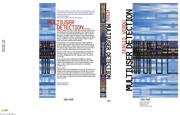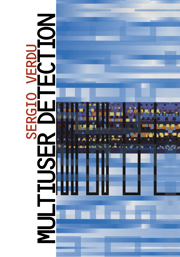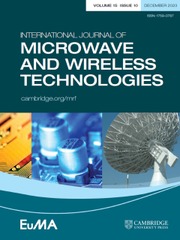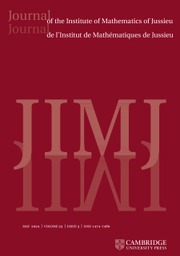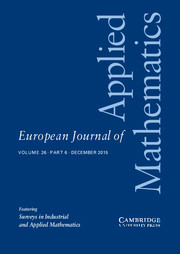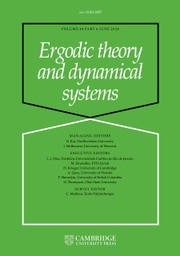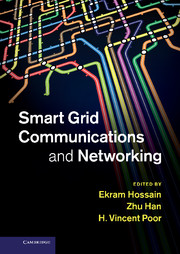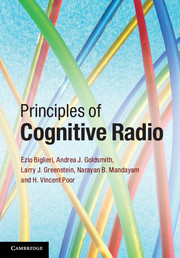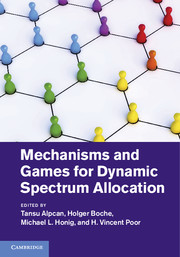Quickest Detection
The problem of detecting abrupt changes in the behavior of an observed signal or time series arises in a variety of fields, including climate modeling, finance, image analysis, and security. Quickest detection refers to real-time detection of such changes as quickly as possible after they occur. Using the framework of optimal stopping theory, this book describes the fundamentals underpinning the field, providing the background necessary to design, analyze, and understand quickest detection algorithms. For the first time the authors bring together results which were previously scattered across disparate disciplines, and provide a unified treatment of several different approaches to the quickest detection problem. This book is essential reading for anyone who wants to understand the basic statistical procedures for change detection from a fundamental viewpoint, and for those interested in theoretical questions of change detection. It is ideal for graduate students and researchers of engineering, statistics, economics, and finance.
- Collects widely scattered results into a single, unified treatment
- Includes the necessary background on probability and optimal stopping theory
- Provides the information needed to design, analyze, and understand quickest detection algorithms
Reviews & endorsements
"Nothing endures but change. This timely book applies Heraclitus' fundamental principle to the processes used to describe change itself. As financial markets ebb and flow, practitioners schooled in quickest detection stand the greatest chance for survival."
Peter Carr, PhD.
Head of Quantitative Financial Research, Bloomberg
Director of the Masters in Math Finance Program, Courant Institute, NYU
Product details
February 2009Adobe eBook Reader
9780511474200
0 pages
0kg
This ISBN is for an eBook version which is distributed on our behalf by a third party.
Table of Contents
- 1. Introduction
- 2. Probabilistic framework
- 3. Markov optimal stopping theory
- 4. Sequential detection
- 5. Bayesian quickest detection
- 6. Non-bayesian quickest detection
- 7. Additional topics.

